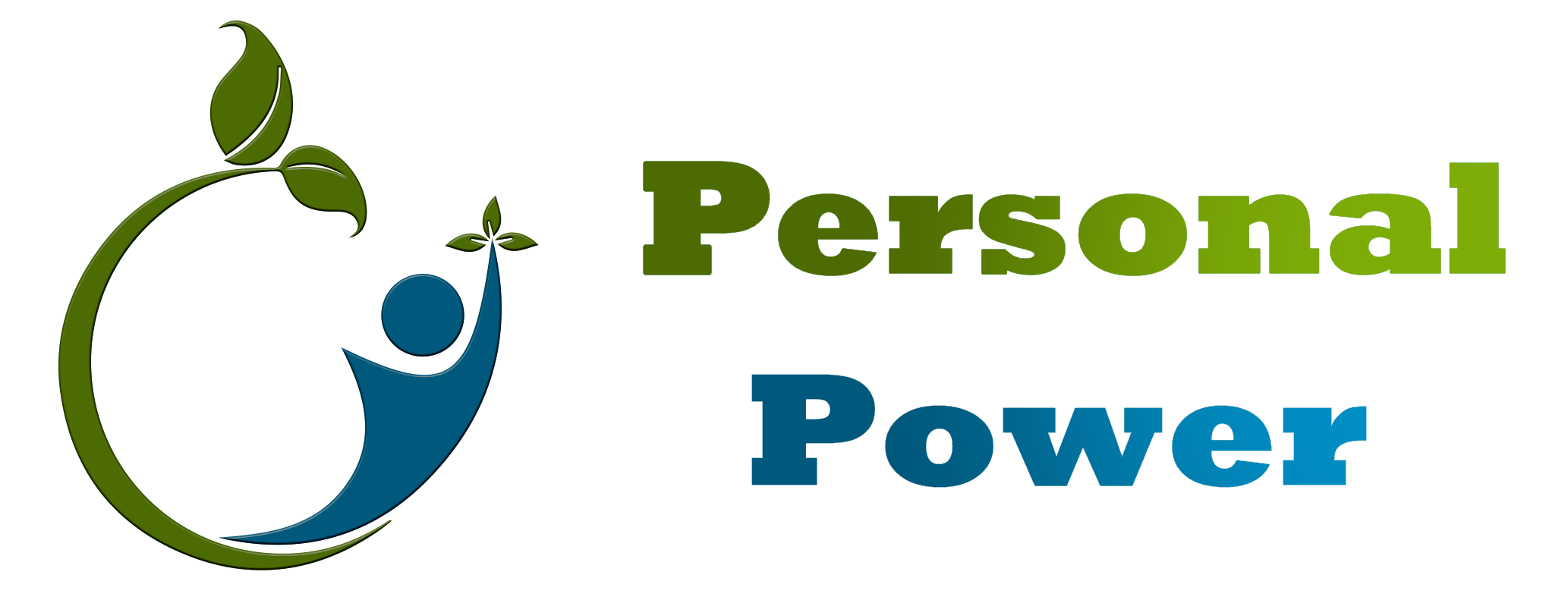Women Leaders: Finding Your Strong and Powerful Voice
Before we get started, let’s ask some questions.
- When you speak, do people stop and take notice?
- Do they listen to you?
- Do you have the ability to command the attention of a room?
If your answer is yes, then you understand what it means to have an executive presence. If not, then it’s time to find your powerful voice.
Executive Presence
The Center for Talent Innovation, a non-profit organization in New York that specializes in research, completed a study on leadership. The study determined that the perception of being leadership material is an essential aspect of gaining a promotion to a leadership position.
According to the 268 senior executives that took part in the survey, having an executive presence accounts for 26% of what it truly takes to get that coveted promotion.
Executive presence was defined as the ability to project confidence, to be poised under pressure, and display your decisiveness and gravitas. Those were seen as the core characteristics of executive presence to 66% of the senior executives who were surveyed.
Communication and appearance can also contribute to the perception of executive presence. When it comes to communication, this includes assertiveness, speaking skills, and the ability to read a situation and an audience.
Women who can communicate with a strong and powerful voice exude a magnetism, an X factor, a wow factor, and have the ability to influence others easily.
People who have an executive presence speak up, using clear and strong language, learning to communicate with energy and passion. Part of this is using a tone of authority, as well as displaying positive body language.
The Struggle
We hear all the time that there is still a gap in the percentage of women vs. men in the boardroom. Women (and racial minorities) struggle to get into the upper echelons of companies, theoretically because the corporate culture has historically been the stronghold of white men. According to Forbes, 81% of women in business cite that feedback is confusing and contradictory, making it difficult to determine appropriate action.
Harvard Business Review found that many high-powered women who are extremely effective in their positions stumble when it comes to meetings and the boardroom. These women are admired by their colleagues, and inspirational, yet they struggle when it comes to meetings because they don’t consistently use their voices to assert their opinion.
They often become defensive when challenged, which leads to the failure to effectively communicate. They are hard working women who arrive on time and leave when the meeting is done – sometimes to go home to take care of their family, sometimes to go back to their desk to work on those time-sensitive work projects – while the men arrive early to network, and hang back to finish off chats. Part of finding your voice is using your voice to network and become more comfortable with the colleagues you work with.
Find Your Voice
You can learn to enhance your executive presence. A large part of that is finding your strong and powerful voice. If you are willing to deal with situations that are unpredictable that are typical of the leadership responsibilities at an executive level, and at your baseline you are self-confident, then you can learn new behaviors.
You should start by asking people you trust to provide you with honest feedback. Don’t ask people that will softball you – you want to hear the down and dirty. You want to know how others perceive your presentation skills, because how can you hone that without knowing where you’re going wrong?
Public speaking is an important part of any business job, and if you want to grow within a company you need to be able to communicate effectively and powerfully.
To find your strong and powerful voice you must identify your personal communication assets, such as speaking and thinking on your feet, listening, and maintaining composure under pressure.
Final Thoughts
Yes, I’m a woman in business. I retired from a great career where I managed people and carried great responsibility. Now I’m responsible for myself, and I’m always concerned about the message I send out and the ‘voice’ I use to spread the word. I mentored women (and men) throughout my career, and I’m doing it now in this fantastic business we call holistic healing.
If you’re afraid to find or use your voice, there’s probably some emotional baggage you’ve been carrying around with you from your past. When you get tired enough and are ready to let it go, we can explore just what it will take for your body to release it so you can feel confident in yourself and SPEAK UP.
You have a story. Don’t be afraid to use your strong and powerful voice to tell the world.
